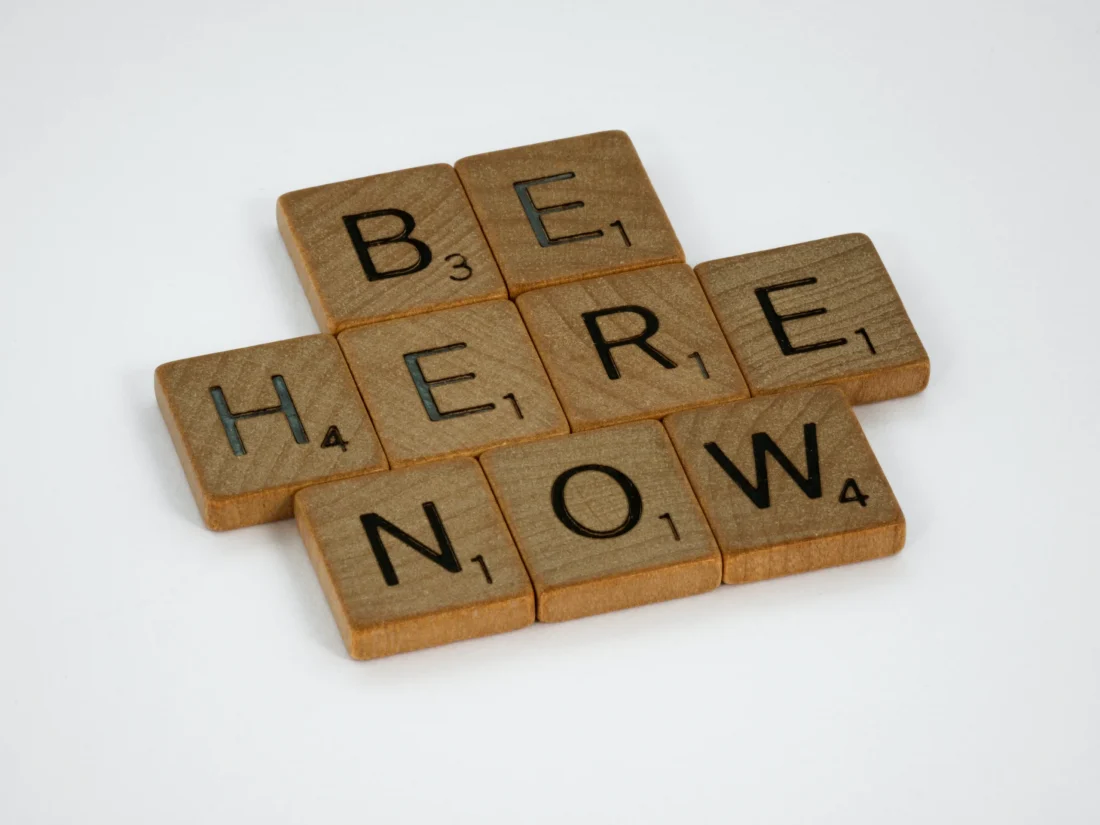I’ve spent a lot of time in the past months reflecting and researching on the power of Kindness, what Kindness even means, and what the barriers are to being ‘Kind’. In this research and reflection, I’ve realized that many times when Kindness is missed in a situation, the excuse is ‘time’. In a 24/7, ‘move up or move out’ culture, most of us feel constant pressure from multiple directions. Acts of Kindness are not typically thought of as contributing to our productivity, so they get pushed to the bottom of our to-do lists. Acts of Kindness are assumed to be timely activities that are ‘nice-to-have’ but don’t actually support our goals.
But what the research truly says is that Kindness does not have to take much time. By working it into our daily habits, it doesn’t have to add any time at all. And, perhaps most importantly, Kindness contributes to making us more productive, happy, and healthy individuals.
Working for a fast-growing startup while raising two young kids, I strongly feel the pressure from the never-ending to-do lists, societal pressures from multiple directions, and the juggling of hundreds of competing balls simultaneously. There is never enough time in a day. I very much understand the hesitation to introduce another thing to the schedule, especially one that can’t be linked to our personal goals or happiness.
However, what I’ve learned in the past months is that Kindness is inextricably linked to the goals of every single person that I have ever met. Whether it is my personal network, the articles I’ve read, or the customer interviews we have conducted, the topics that people share in both their short-term and long-term goals include themes like happiness, relationships, purpose, physical and mental health, resiliency, and personal and professional accomplishments. What we often don’t realize (I didn’t until recently) is that the benefits of doing Kindness actually have a higher impact on the giver than even on the receiver. While the Act of Kindness must be done genuinely and not for the purpose of self-benefit, the resulting value that is created by doing the Kindness has massive personal benefits.
But there is still the issue of time and how we make time for extra Kindness in our days that are already bursting at the seams? I like to think of it as ‘the power of the pause’. It’s not about grand gestures (although it can be) rather, it’s about the handling of everyday situations and making the choice of Kindness in pivotal moments. Often this means overcoming our natural biases which take hold in a split-second decision-making approach. While our initial reaction to a situation might be frustration, rage, impatience, distrust, or indifference, quite often those reactions are based upon a bias that can be recognized through a thoughtful pause.
An example might be when a direct report makes a mistake. The easy reaction is frustration or anger and perhaps to take the work on yourself so that it gets fixed correctly and never happens again. The power of the pause allows us to ask questions and uncover what circumstances led to the mistake. This empathetic approach is an example of Kindness that has long term benefits on the relationship and trust with the employee and the employee’s ability to grow and improve. Of course, pausing to dive into the circumstances of a mistake while on a deadline is not always feasible, but a deadline should never be an excuse. And, more often than not, uncovering the root cause of the problem is a very quick conversation that allows you to solve the problem together even faster.
Another example of the pause can come from simply saying ‘thank you’. We are all running a million miles an hour and a simple showing of gratitude when someone does something for you has been scientifically proven to improve your own well-being*. Whether it’s taking the time to shoot a quick email or text, acknowledging someone in front of others, or doing something Kind in return, letting a person know that you appreciate them is proven to make you feel better and connect more with that person.
The ‘power of the pause’ is also true for self-Kindness. Self-Kindness is crucial because we need to be Kind to ourselves first to realize our full potential for Kindness. Self-Kindness means something a little bit different for everyone and I believe it’s about finding your own ways to be Kind to yourself and then prioritizing those moments to pause in the week. Again, these don’t have to be huge gestures (although they can be) but it’s about the daily practices that you do to be Kind to yourself. My example early in the pandemic was that I started putting cucumbers in my water while working and doing a face mask once a week. It gave me a small sense of calm and relaxation during a stressful time. While it didn’t solve for the stress levels of working from home quarantined with 2 young kids, it helped to give me small moments of reprieve and support my health, resiliency, and happiness during a difficult time
While the grand gestures and big moments of Kindness are wonderful and so important in creating a Kinder world, I believe that it’s the seemingly small moments in our daily lives that actually have the most power and take little or no extra time. It is these daily interactions that shape each of us and our lived experiences and perspectives. This is why it’s so important that everyone, especially those in leadership and positions of influence, take the moment to pause and choose Kindness.
*Source: Curry, O. S., Rowland, L. A., Van Lissa, C. J., Zlotowitz, S., McAlaney, J., & Whitehouse, H. (2018). Happy to help? A systematic review and meta-analysis of the effects of performing acts of kindness on the well-being of the actor. Journal of Experimental Social Psychology, 76, 320–329.

